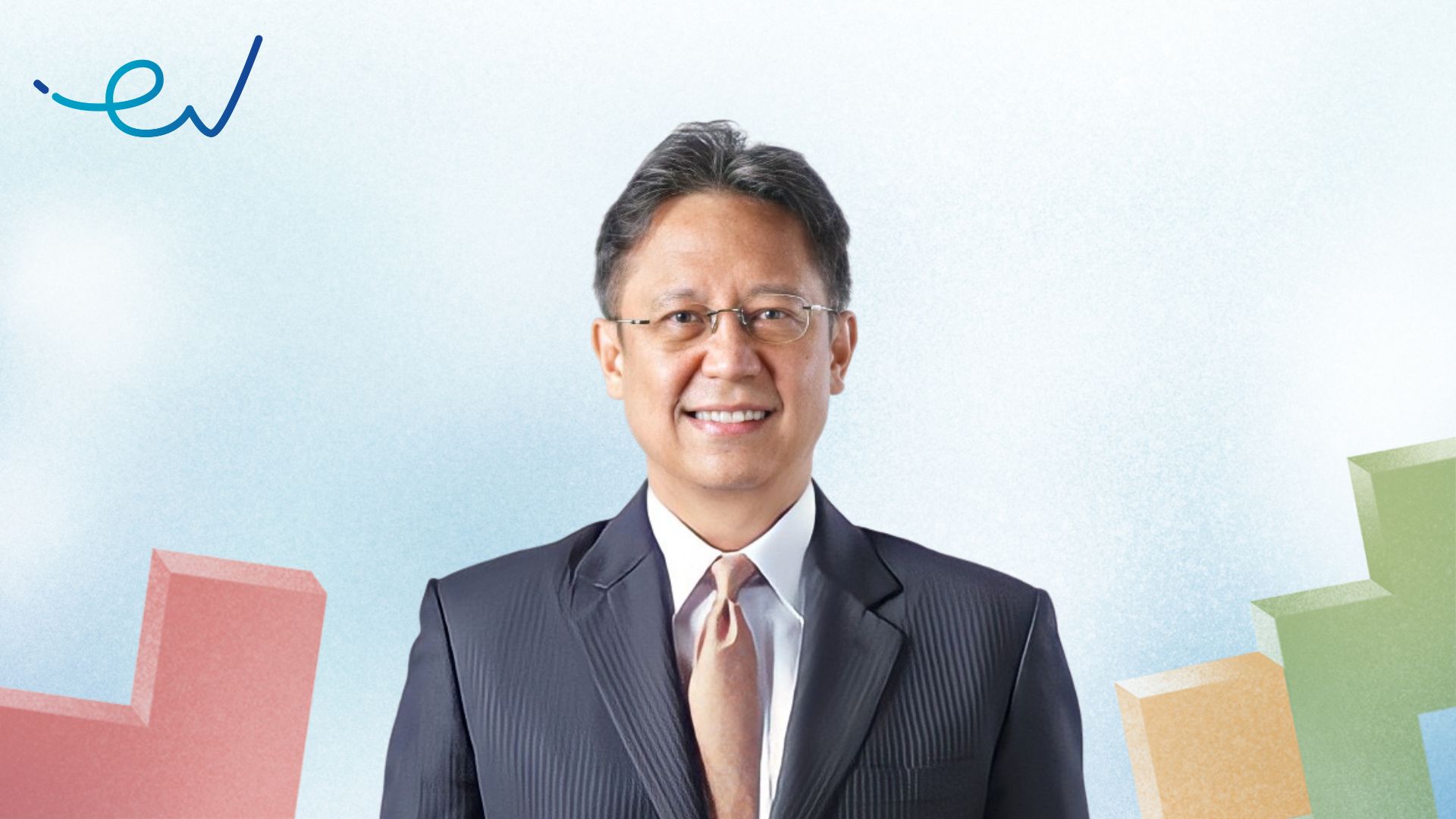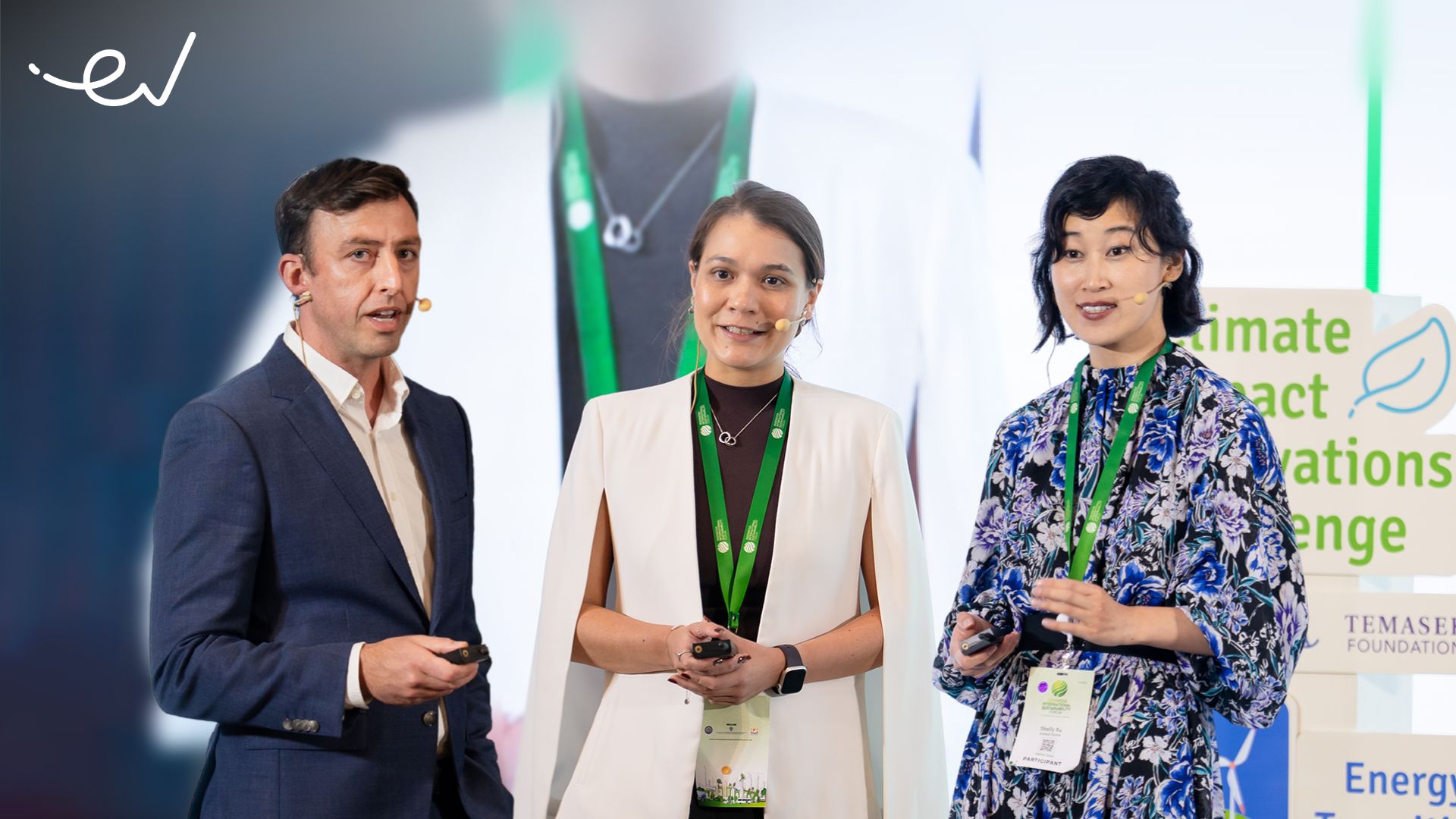The forecast of an economic crisis is quite challenging and the digital industry is currently experiencing post COVID challenges. How does the Minister see this challenge and what are the anticipations?
Regarding this digitization, it’s a life change in many industries. Many have been significant, for example the music industry, since there was an iPod, shifted to Spotify, massively changed the business model of the industry. And, gradually almost all industries are affected. The transformation of banking is also affected due to this digitalization, the hotel business with the existence of Airbnb, as well the restaurants.
In my opinion, health is indeed a bit slow. Now, with the COVID-19 pandemic, it has accelerated the transformation of digital technology in the health sector. I’ll give an example, firstly, we were criticized when COVID-19 first started, the case reports weren’t ready. Because, reports from the PCR lab go to the district/city health office, go to the provincial health office, then go to health institutions. As a result, we should know the data by name by address, because this is an infectious disease, we have to know who got it so we can isolate it.
One of the health breakthroughs was that we cut the digital data which came directly from the PCR lab the first time he was tested in the regency/city and province. As a result, the data came in immediately, the number of affected people jumped up and that changed everything. It immediately develops startups like Halodoc, and others. Digital comes in automatically, we can follow up immediately by providing free consultation.
When the Ministry of Health gets the PCR data positive, we immediately send a WhatsApp message, the patient responds and can register on telemedicine, the telemedicine gets clients, the multiples go up. Then we link with delivery startups so they can deliver. Because we often use WhatsApp, in the end we asked WhatsApp to meet and that way we can get it for free. After that, other digital innovations came out. When we were vaccinated, this can be solved with WhatsApp because it has a chatbox function.
And I think that Indonesia is actually very ready because the people are digitally literate. Now it’s just a matter of how we can prepare an excellent infrastructure and platform, so that every time there is a new innovation, it can be replicated, used by subsequent applications, to facilitate access to health services for the Indonesian people.
What is the strategy for preparing health facilities in tier two and tier three cities so they can be connected, digitized so the health data is reliable and easy to access?
We’ve built the SATUSEHAT platform. In essence, all individual data will be digitized, interconnected, and become private property. Satu Sehat will later increase the benefits to the user. So, if the patient gets sick, for example, the next day he gets into PeduliLindungi or SATUSEHAT app. The day after tomorrow, he can check-up, the next day he has a CT scan, buys medicine, and so on. So, the patient will follow the progress of their health. If possible, later the data is linked with the Apple watch or Samsung watch.
So, later on what is called health becomes more personalized, so it becomes more of a personal responsibility. Because a health problem is not a doctor’s problem, it’s not a hospital problem, it’s more our personal problem. How we can take care of ourselves, how we eat, exercise, sleep, and so on.
How are the government’s efforts from the Ministry of Health in pushing for the development of a health system that is digitized and aligned with sustainable development goals?
Actually, we have several sustainable development goals. Health is number three, to promote healthy life and well-being for all people and all ages. Sustainability means for all people, not just for mothers and children. Starting from babies, children, adults, married, to the elderly, we must provide health services to all ages. Then, all people, means from Sabang to Merauke, the rich/poor, the capital/village must all be covered. Well, the principles of global health are actually there. So, to promote healthy life and well-being, it doesn’t have the words ‘cure sick people’. So, he must promote health and well-being. Sick is temporary, but health is sustainable.
Well, that’s held by health people around the world. That’s why, now the Ministry of Health is chasing it there in carrying out its program. We are keeping people healthy, not curing sick people. That’s why, we are pushing for the program to be a primary care transformation program, that is promotive and preventive. This is different from secondary health services which are curative. The primary is upstream, the secondary is downstream. Promotive and preventive programs prevent people who are still healthy from getting sick. What is called secondary, it treats people who are already sick.
By giving attention, budget, time to the transformation of primary services, we are actually ensuring that the sustainability of health care services should be there and the benefits will continue to be felt by our society.
How will be the future of PeduliLindungi application after the Covid-19 pandemic might be declared over?
PeduliLindungi was inspired by Singapore’s Trace Together application. It is used for testing and tracing during Covid-19. PeduliLindungi is the world’s most downloaded health app. Because it was used for vaccination at that time and was used for scanning barcodes. There are a lot of Indonesians, so we see the potential. We don’t see the potential only for monetization, but we think this can be monetized to provide even more benefits to the community, because it’s been downloaded a lot and people are used to using it.
Later we will add more features in the future, previously it was only the Covid-19 vaccination, now all immunizations go there. So, the child has the recap. If there’s digitization like now, right, all we have to do is show the barcode. Well, later we will add a screening function, if we go to the lab, we will have a medical check-up there. We will integrate PeduliLindungi with the Samsung Watch and Apple Watch, so that individual data is entered. So, in the future we want PeduliLindungi to be brought into citizen health apps or public health app. Where they can see their health status, and so on.
It’s not impossible that later we will provide Artificial Intelligence services for the PeduliLindungi application. When walking, they can check their heart rate on the Apple watch, and later there is a notification on the PeduliLindungi application about whether the rhythm matches or not. Later in the future it can really become citizen health apps that are inherent and exist in every Indonesian society.
Download the EV-DCI 2023 here.







